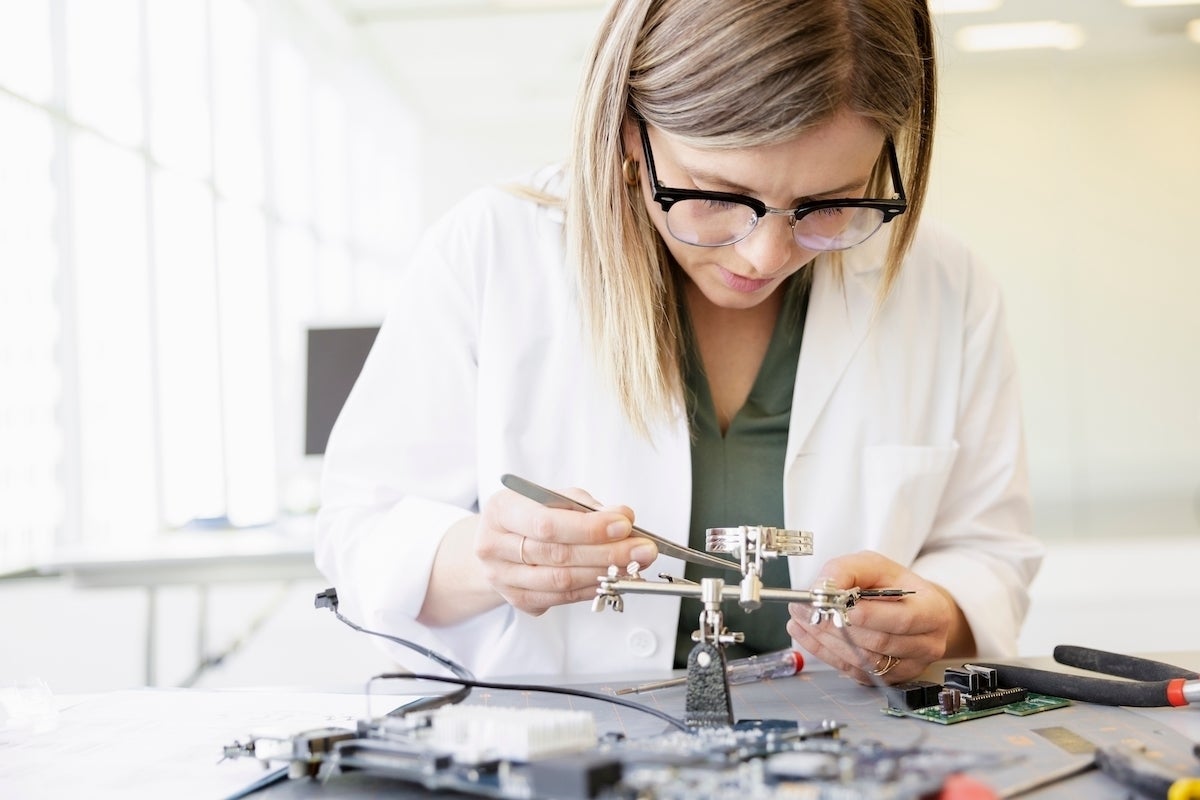- Network and security vulnerabilities linked to 60% of zero-day cyberattacks
- Forrester TEI report: 3 powerful ways AI can drive organizational success
- Can a home wind turbine replace my solar panels? My results after weeks of testing
- Microsoft's new Surface Pro and Surface Laptop are lighter and cheaper (and I love the new colors)
- Did you know that Windows 11 has a secret restart method? Here's how to access it
TSMC, NXP, Infineon and Bosch team up for German chip foundry

TSMC, Robert Bosch, Infineon and NXP will partner to form a new firm, the European Semiconductor Manufacturing Company, and open a nearly $11 billion chipmaking facility in Germany.
ESMC, as the company will be known, will be aimed at providing necessary silicon for the automotive and industrial sectors, according to a statement issued Tuesday. The planned facility, which will be located in Dresden, will be able to produce 40,000 300mm silicon wafers per month, with each wafer able to produce hundreds of chips, depending on their specific design.
The facility will use TSMC’s 28/22nm planar CMOS technology for larger semiconductor nodes, as well as 16/12 FinFET process for smaller ones. CMOS stands for complementary metal-oxide semiconductor, and is an older and more established fabrication technique, whereas FinFET, or fin field-effect transistor, enables the production of faster and more advanced processors.
The companies said that they expect the new plant to create 2,000 new high-tech jobs. Construction is set to begin in the second half of 2024, with production coming on line in 2027.
TSMC will own the lion’s share of the company (70%), with the other three companies each holding 10% equity stakes. The initial funding for the company will come from the four contributor firms, borrowing, and “strong support” from the EU and German governments. It’s unclear whether funding from the EU Chips Act will be contributed to the project, and representatives for the founding companies could not be reached immediately.
US-China trade war sparks chip making in West
Western governments, including those of the EU and its member states, have been hurrying to spur semiconductor manufacturing capacity in their own countries, thanks to the US-Chinese trade war creating problems for silicon imports, most of which currently come from East Asia.
A report from McKinsey, published in January, found that between $223 billion and $260 billion has been committed to semiconductor foundry projects in the US alone as a result of the trade war. TSMC, for its part, has broken ground on a silicon plant in Arizona already.
TSMC’s chairman, Mark Liu, told the New York Times earlier this month that the decision to locate chip foundries in the West dates back to 2018.
”I thought maybe it’s time for TSMC to go a little bit global, because I know our technology is leading today, but what about in the future?” he told the Times.
The company’s partners in the Dresden facility stressed the benefits to the EU’s supply chain that would result from the new production facility’s opening.
“Apart from continuously expanding our own manufacturing facilities, we further secure our supply chains as an automotive supplier through close cooperation with our partners,” said Robert Bosch board chairman Stefan Hartung, in the statement.
Copyright © 2023 IDG Communications, Inc.

